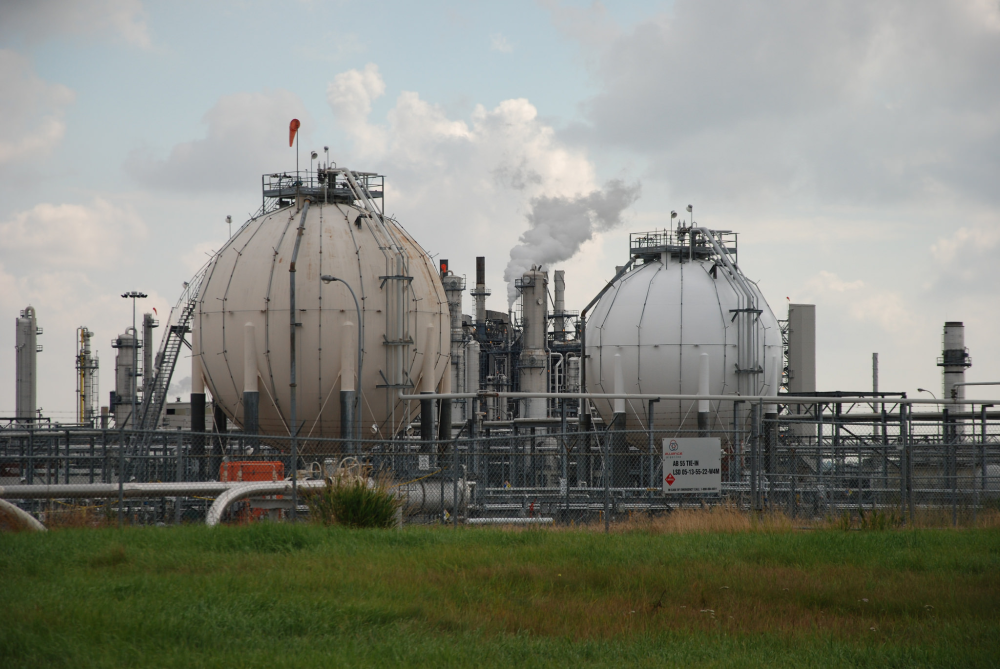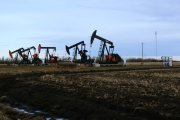Devon Canada president Rob Dutton’s opinion piece in the Edmonton Journal late last month thinks it is unfair industry should have to monitor and report on the methane pollution it releases. I disagree.
Alberta recently released its draft regulation with the goal of reducing methane emissions from the oil and gas sector by 45 per cent based on 2012 levels. A key element of the new regulations is a requirement of industry to accurately measure and report emissions. Despite Dutton’s resistance, Alberta should not soften the reporting requirement of the regulations; industry has a long history of failing to properly report leaks.
Alberta’s approach is unique, requiring specific action in certain areas with flexibility in others. The province is also improving the requirements for measurement and reporting so that companies, government and Albertans have an accurate picture of how industry is acting to reduce emissions.
But Dutton thinks this approach is too much of a burden. He suggests an outcome-based approach similar to what Saskatchewan has proposed. Under this system each company must reduce its methane emissions by a specified amount, but has complete flexibility on how to do so. However, this system will only work with a proper measurement and reporting system, which all provinces are missing right now.
What Dutton is proposing is the equivalent of setting a speed limit without requiring speedometers or police radar. He wants us to trust industry without any reporting, accountability or enforcement. With that kind of system, how will we know beyond blind trust what any company is emitting without accurate measurement and reporting?
A strong reporting system will reward oil and gas companies that have invested the time and money to reduce their methane emissions. It will also ensure companies not doing their share don’t get away with it only because there is no way to hold them accountable.
Devon Canada believes Alberta’s system works without new reporting measures, but we already know the current reporting system is inaccurate. Solid studies by Carleton University and other institutions show methane emissions in British Columbia and Alberta are significantly higher than what industry reports. This means we need to find out where the gap is.
On top of that, methane is the main component of natural gas. When we talk about methane leaks it’s actually natural gas that’s leaking. So not only is a harmful greenhouse gas escaping, it’s also a valuable commodity. In fact, every year the lost natural gas is worth as much as $253 million to industry. For Albertans, this is $21 million in royalties leaking out of the province’s bank account.
Another piece missing from Dutton’s argument is the reality that neither Alberta’s nor Saskatchewan’s regulations are equivalent with the federal government’s. This means regulations from these two provinces will not meet the federal government’s reduction targets. If the provincial regulations aren’t as good as the federal ones, the federal government’s regulations will be law and override ours anyway. Improving the measurement and reporting requirements may make our regulations equivalent with the federal ask.
The old business adage, “you can’t manage what you can’t measure,” applies perfectly here. With regulations that require proper measurement and reporting, operators will create systems that can pinpoint the largest leaks and emission sources and find the most effective and affordable way to stop them. New reporting systems and requirements are critical for industry to be able to credibly and accurately prove to Albertans that their work to improve performance is happening.
Without that change we’ll have a speed limit but no speedometers for good operators to prove their successes and no speed traps to catch the laggards.






